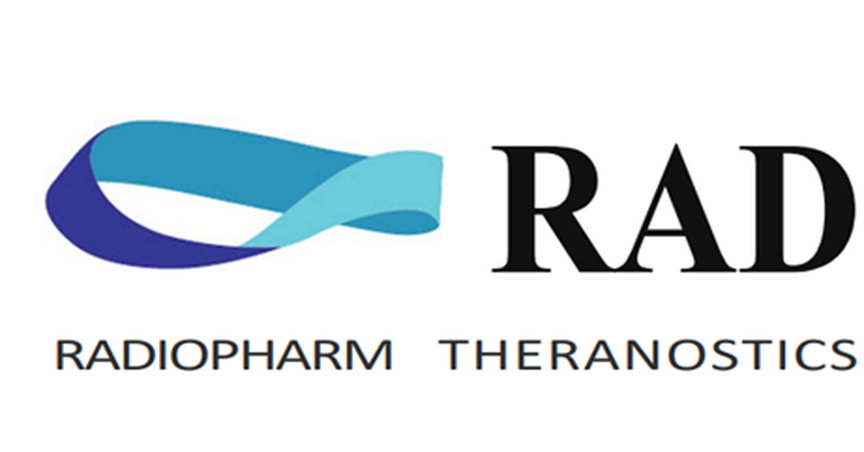Highlights
- Radiopharm shares rose ~5% to AUD 0.022 following a key clinical trial milestone.
- The DSMC approved dose escalation in the Phase 1 trial of 177Lu-RAD204 for PD-L1-positive cancers.
- Early data from the first cohort showed favorable safety, pharmacokinetics, and biodistribution.
- The next cohort will receive a higher dose of 60mCi, up from the initially planned 40mCi.
- Trial expansion will target multiple PD-L1-expressing cancers, including NSCLC, TNBC, and melanoma.
- Four Australian clinical sites are actively screening and enrolling patients for the study.
Shares of Radiopharm Theranostics (ASX: RAD, Nasdaq: RADX), a clinical-stage biopharmaceutical company, jumped by approximately 5% to AUD 0.022 during early trading hours on Monday. The rally followed the announcement of a significant milestone for the company’s clinical-stage radiotherapeutic candidate, 177Lu-RAD204.
Radiopharm has received approval from the Data and Safety Monitoring Committee (DSMC) to progress to the next dosing level in its ongoing Phase 1 clinical trial targeting patients with PD-L1-positive advanced cancers. This approval enables Radiopharm to advance to a higher dose cohort across a range of PD-L1-driven tumor types. The DSMC has reviewed the first patient cohort, which received 30mCi of 177Lu-RAD204. The next patient cohort will proceed with a higher dose of 60mCi of 177Lu-RAD204, an increase from the initially planned 40mCi.
177Lu-RAD204 is a single-domain monoclonal antibody (sdAb) designed to target PD-L1, a protein that is frequently overexpressed in solid tumors and plays a critical role in regulating the immune system, making it a promising target for therapeutic intervention in various cancer indications.
Trial Progress and Recruitment Update
The DSMC is an independent multidisciplinary group that conducts detailed reviews of unblinded study data, discusses potential safety concerns, and provides recommendations regarding trial continuation.
- Results from the first patient cohort showed favorable safety, pharmacokinetic, and biodistribution profiles.
- Based on the positive data, the DSMC approved the continuation of the study without any protocol modifications.
- Enrollment for the second cohort is expected to begin by mid-2025.
- This phase will expand to include a broader range of PD-L1-expressing cancers, including:
- Non-Small Cell Lung Cancer (NSCLC)
- Small-Cell Lung Cancer (SCLC)
- Triple-Negative Breast Cancer (TNBC)
- Cutaneous Melanoma
- Head and Neck Squamous Cell Carcinoma (HNSCC)
- Endometrial Cancer
- Four clinical trial sites in Australia are currently active and recruiting eligible patients.
Reflecting on the development, Riccardo Canevari, CEO and Managing Director of Radiopharm Theranostics said, “With this clearance from the DSMC, the increased number of active centers and expansion to multiple tumor types beyond Non-Small Cell Lung Cancer (NSCLC), we expect to accelerate our timelines for complete enrolment of the next cohort by mid-2025. We believe that RAD204 has the potential to strongly improve clinical outcomes for patients with PD-L1 positive advanced cancers, and we look forward to seeing data from the first two cohorts of patients later this year”.





